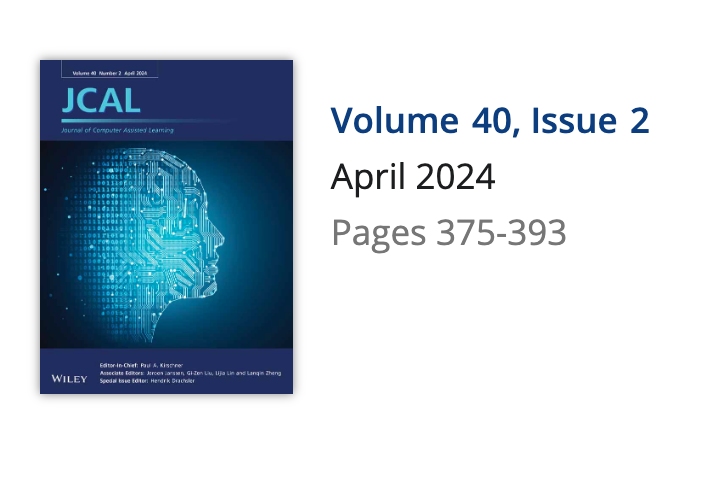
My Research
I’m a human-computer interaction researcher based in the UK. Over-a-decade of experience working in TV industry led me to this research question: How media technology can help us understand and delivery complex scientific concepts? and I obtained a PhD in educational technology.
Keywords
Human-Computer Interaction (HCI), Cognitive Psychology, Cognitive Science, Data Visualisation (DataVis), Eye-Tracking, Visual Media, Mixed Reality (MR), Educational Technology, Technology Enhanced Learning (TEL)
Education
PhD in Educational Technology, Institute of Educational Technology, The Open University
MSc in History of Science, Medicine, and Technology/Science and Technology Studies, Imperial College London
BA in Philosophy and History of Science, Kyoto University
She investigates how Mixed Reality (MR) technology impacts human cognition and how it may make scientific processes, particularly multi-dimensional visual analytics, cognitively more efficient.
Yuko is currently investigating how Mixed Reality (MR) on Spatial Computing platforms can enhance multi-dimensional data analysis in specialist scientific fields at cognitive levels. Her research employs physiological approaches, including eye-tracking, to achieve more unbiased assessments of cognitive processes.
Adapting the frameworks of cognitive load theory (CLT) and cognitive theory of multimedia learning (CTML), Yuko seeks to develop more efficient and effective uses of MR to support contemporary scientific advancement and knowledge transfer.
Originally from Japan, Yuko earned her BA in Philosophy and History of Science from University of Kyoto and her MSc in Science and Technology Studies from Imperial College London. Her study interests lay in the concepts of quantum mechanics and molecular biology, particularly the contributions made by physicists such as Niels Bohr and Erwin Schrödinger.
Literature Review
You can read our systematic literature review from the work in my 1st year of PhD in the link below. It is published in Journal of Computer Assisted Learning. It’s open access and full text is available on ResearchGate.
Measuring cognitive load in augmented reality with physiological methods: A systematic review
https://onlinelibrary.wiley.com/doi/10.1111/jcal.12882
Pilot Study
Measuring cognitive load with eye0tracking during mental rotation with 2D and 3D visualization in AR
Conference proceedings link will be added as soon as it’s available!
iLRN2024 Presentation Slides
Initial Research Proposal
Here is the original research proposal back in 2020, which has evolved a lot since then.

